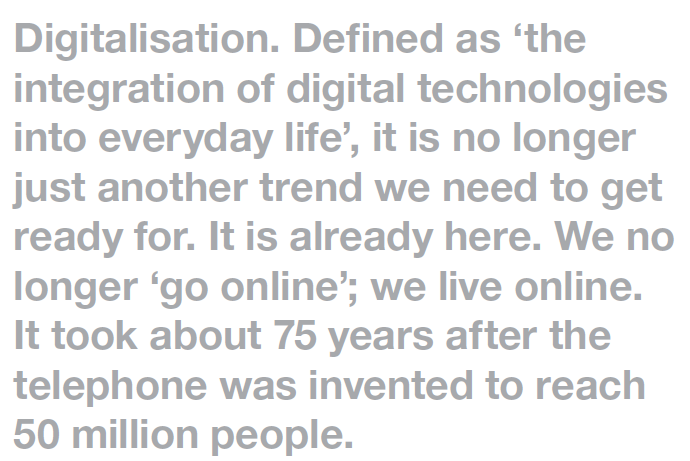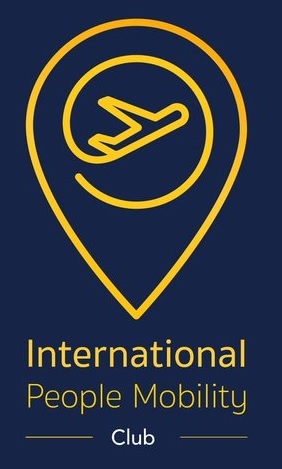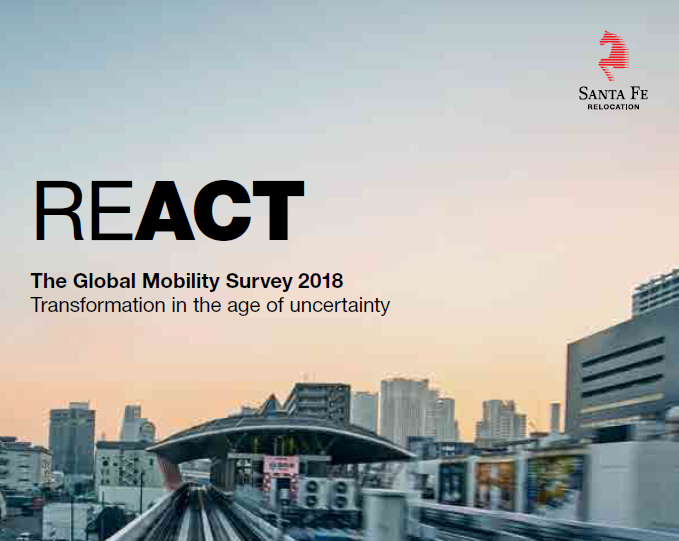Transformation in The Age of Uncertainty: The Global Mobility Survey 2018
Last 4th October with some expert from the industry of mobility from different countries we had the opportunity to explore current and future Global Mobility trends. We believe this survey, spanning hundreds of mobility professionals and a growing number of business leaders involved in Global Mobility, will help you in the continuing development of your Global Mobility programmes —big or small.
We are indeed delighted at the high level of participation, including a record number of business leaders providing their views on how Global Mobility contributes to the development of their organisations. It is interesting to compare the views of business leaders with those of HR and Global Mobility professionals.
A key message from the survey conveys the importance of an internationally mobile workforce in supporting growth and innovation. It also signals that Global Mobility teams should be key actors in guiding, enabling, influencing and providing governance of Global Mobility programmes.
International assignments are also amazing experiences—short, long or permanent transfers, are unique opportunities to grow both professionally and personally. Learning to adapt, manage ambiguity and contribute in different cultures and business environments must be an integral part of future leaders’ career journeys, especially those who lead organisations that work outside of domestic borders.
In parallel, we are entering a fourth industrial revolution with digitalisation, which will touch all parts of society: how we work, how we consume and how nations and economies interact. Artificial Intelligence (AI), smart technology, analytics and digitalisation are increasingly becoming the new brains, engines and life-blood of how enterprises are re-shaping their organisations.

Understandably, many organisations see technological and AI innovations as an opportunity to focus on streamlining their operations today to remain competitive and maintain the bottom line, particularly in mature markets and economies. While this addresses the now, there is also a need to focus on the longer-term impact of new markets. This will require organisations to adopt a more holistic approach in their use of technologies to include suppliers, customers, workers, partners, and others in their ecosystem to achieve even greater benefits.
What does all this mean for Global Mobility professionals? Exciting opportunities to support growth into new territories, new ways of managing international assignments, supporting the organisation to broaden their talent pool and last but not least, be courageous in embracing change and personal growth as roles evolve and technology becomes embedded as a friend not adversary.
Moderators:
John Rason, Director of Consultancy in Human Resources and International Mobility with more than 30 years of experience in the sector of professional services and management of international assignments with Federico Montilla Director of SF for Southern Europe and LATAM. They will be accompanied by: Andrea Piacentini, Partner at RES Forum, Peter Graham, Director of the Immigration Department of the Santa Fe Relocation Group and Salvador Espinosa de los Monteros, Partner at Garrigues.
The Panel of Experts
With the most representative people in the sector on the panel of experts, to give their practical vision in Spain: Ángeles González-Vigil, Secretary General of the Spanish International Mobility Association (FEEX), Gerardo de Felipe Nieto, Director of International Mobility at Grupo Santander and María A. González de Michelena, Head of International Assignments at CEPSA.
Full report here.



